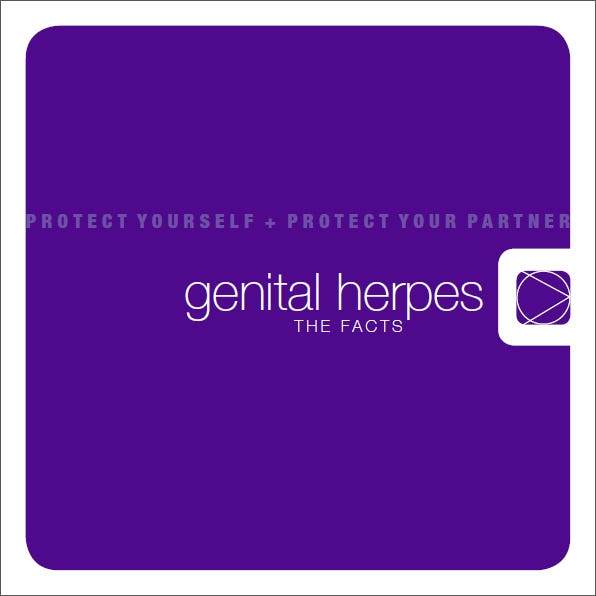A low-fat, reduced-calorie diet can help you lose weight and reduce the risk of fatty liver disease. Ideally, if you’re overweight, you would aim to lose at least 10 percent of your body weight. There are two major types of fatty liver disease — alcohol-induced and nonalcoholic fatty liver disease. Fatty liver disease affects nearly one-third of American adults and is one of the leading contributors to liver failure.
Despite its popularity, the keto diet raises potential health risks such as of the liver. Find out the emerging link between a keto diet and fatty liver disease here. There are definitely foods you should avoid or limit if you have fatty liver disease.

In a healthy body, the liver helps to remove toxins and produces bile, the digestive protein. Fatty liver disease damages the liver and prevents it from working as well as it should. If you feel like keto or low carb dieting is too restrictive, you may need to take a different approach to make it more sustainable for you. Make sure, however, that you are monitoring your progress every one to two weeks because it is still possible to gain weight or hit a weight loss plateau while eating keto-friendly foods. This is why the keto diet focuses so heavily on limiting net carb intake.
Step-By-Step Immediate Systems For Healthcare
By eating too many net carbs, your body simply will not be able to enter and sustain ketosis, which is the hallmark that sets keto dieting apart from other low carb diets. When following a keto diet, a person must deprive the body of carbohydrates and glucose for energy so it instead burns stored fats. During ketosis, the body uses ketone bodies in the blood as opposed to blood glucose. The diet has had proven health benefits for people with certain conditions such as epilepsy. According to one 2018 study, people following a “well-formulated” ketogenic diet typically eat less than 50 grams of carbohydrates per day and around 1.5 g of protein per kilogram of body weight.
An Update On Practical Health News Advice
- Here are the top 12 biggest lies, myths and misconceptions about weight loss.
- Many experts say that the high-fat diet shouldn’t be followed forever.
- Not to mention, edamame is also an excellent source of fiber, protein, iron, and vitamin C.
- Next time you grab sushi, don’t be shy about ordering these soybeans as an app.
- Two-thirds of a cup of shelled edamame has 11 g of carbohydrates.
By now, you’ve likely heard about the ketogenic diet, the trendy weight-loss plan that calls for dramatically reducing how many carbs you eat, moderating your protein, and upping your fat intake. Where the Atkins diet left off, keto has taken over and gone to the next level. One of the main ways to treat fatty liver disease, regardless of type, is with diet. As the name suggests, fatty liver disease means you have too much fat in your liver.
While protein is a necessary macronutrient, if you eat too much you may risk sabotaging your efforts. Track all the food you eat and be aware of where you’re being a little too lax with your macros. While eating too much protein won’t be like eating too many carbs, it still offers your body an alternative source of energy.
Because keto cycling is so new, no relevant studies have examined the benefits and risks yet. Kieffer says cycling in and out of ketosis — eating carbs and then not eating carbs — could be dangerous. She explains the body may not have time to convert fat to energy, so it may stick with using carbs for energy and storing fat. Some research suggests the keto diet can lead to weight loss and other benefits. But other data has some major warnings, including fatty liver and what is fatigue kidney stones.
These foods generally contribute to weight gain and increasing blood sugar. If you want to see the maximum keto weight loss results, it’s best to stick with your macro guide.

